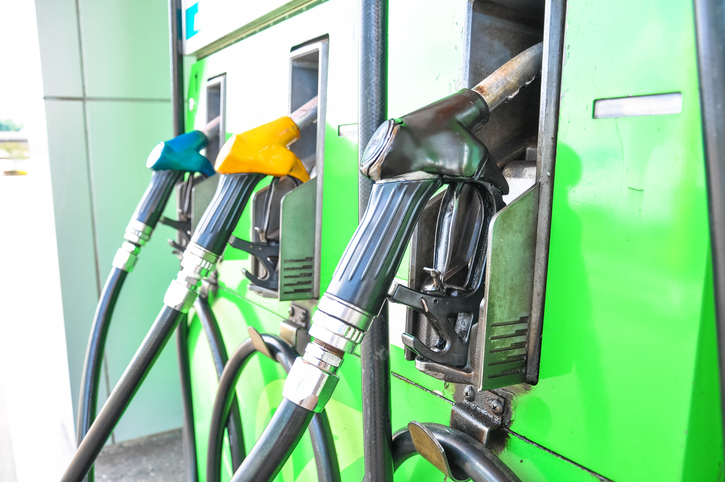More than 25 advanced biofuel producers and trade associations yesterday sent a letter to members of the Senate Environment and Public Works Committee, asking them to support the Consumer and Fuel Retailer Choice Act (S.517), according to the Biotechnology Innovation Organization (BIO) and Advanced Biofuels Business Council (ABBC).
Under current law, fuels containing 15% ethanol (E15) cannot be sold during the summer driving season in many states. In 1990, Congress limited the amount of evaporative emissions from vehicle fuel at 9 pounds per square inch (psi) Reid Vapor Pressure (RVP).
At the time, Congress specified that fuel with 10% ethanol (E10) would receive a 1 psi RVP waiver, in recognition of E10’s overall lower emissions profile. The Consumer and Fuel Retailer Choice Act will extend the RVP waiver to ethanol blends above 10%.
The letter states, “This legislation is vital to the advanced biofuels industry, which is making significant progress in expanding production of advanced and cellulosic biofuels. Fixing the RVP issue will ensure that E15 can be sold year-round in any state where E15 is approved and give our advanced and cellulosic fuels an opportunity to compete at the pump.
“Moving to E15 not only reduces the cost of gasoline by between 5 and 15 cents per gallon, but also reduces emissions harmful to the environment. Recent analysis from the Biotechnology Innovation Organization indicates that in just the summer months, E15 can reduce GHGs [greenhouse gases] equivalent to taking 2.1 million vehicles off the road. In addition to the environmental benefits, the Energy and Environmental Studies Institute has written that E15 can lower the public health impacts from transportation emissions, like cancer and asthma.”
BIO’s recent analysis, “GHG Benefits of the Consumer and Fuel Retailer Choice Act,” demonstrates that over the next 10 years, summer use of E15 can save between 7 million and 10.4 million metric tons of CO2-equivalent GHG emissions. Notably, the savings are equal to taking 1.4 million to 2.2 million cars off the road over the 10-year period.







